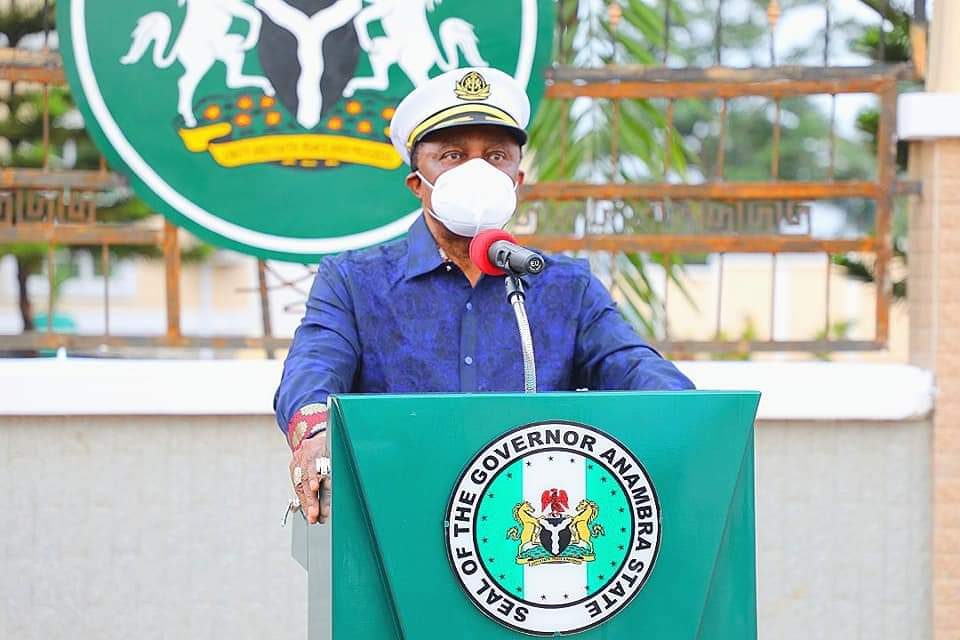
Other defendants in the case are Speaker of the state House of Assembly, Anambra State Independent Electoral Commission (ASIEC) and Attorney General and Commissioner for Justice.
In the suit marked, A/454/2021, the applicants are seeking an interlocutory injunction against the defendants before High Court 5, Awka, which hearing has been scheduled for February 10, 2022.
Ifediora and other plaintiffs are seeking, among other things, an order of interlocutory injunction restraining Obiano and the Speaker of the House of Assembly from appointing and ratifying the transition and caretaker committees in the 21 councils of the state pending the determination of the suit.
The suit, which comes barely two months to the end of Obiano’s tenure, is also seeking an order of the court to restrain the governor, ASIEC and the Speaker from taking any action directly or indirectly either through their agents, privies or appointed officers or issuing circulars and memos that would interfere and affect the determination of the suit.
It, however, excluded the conduct of council election as constitutionally guaranteed in the 21 local council areas of the state.
The plaintiffs also prayed the court to restrain the defendants from taking any action on council funds allocated by the Federal Government without an order of the court pending the determination of the substantive suit.
The plaintiffs argued that the substantive suit raised constitutional issues for determination, adding: “The continued collection of council allocations by the first, second and third defendants will prejudice the case and make a mockery of the judicial process.”
Considering the provisions of Section 7(1) of the 1999 Constitution (as amended) and Section 208 of the Anambra State Local Government Law 1999 (as amended), the court should determine whether the first and third defendants’ actions in constituting transition and caretaker committees for the councils were not ultra vires, unconstitutional and illegal.
They further sought a declaration that the perpetual renewal of caretaker committees by virtue of Section 208 of the Anambra State Council Law 1999 (as amended), which provides for three months renewal of caretaker and transition committees to oversee councils’ affairs was unconstitutional and illegal.



